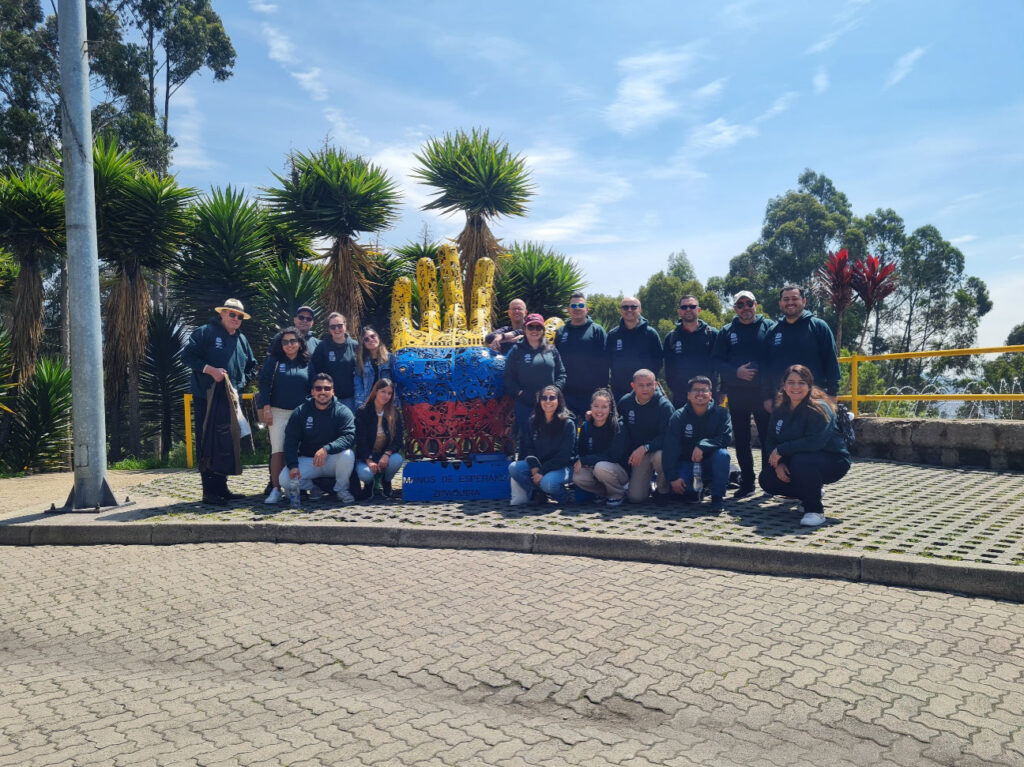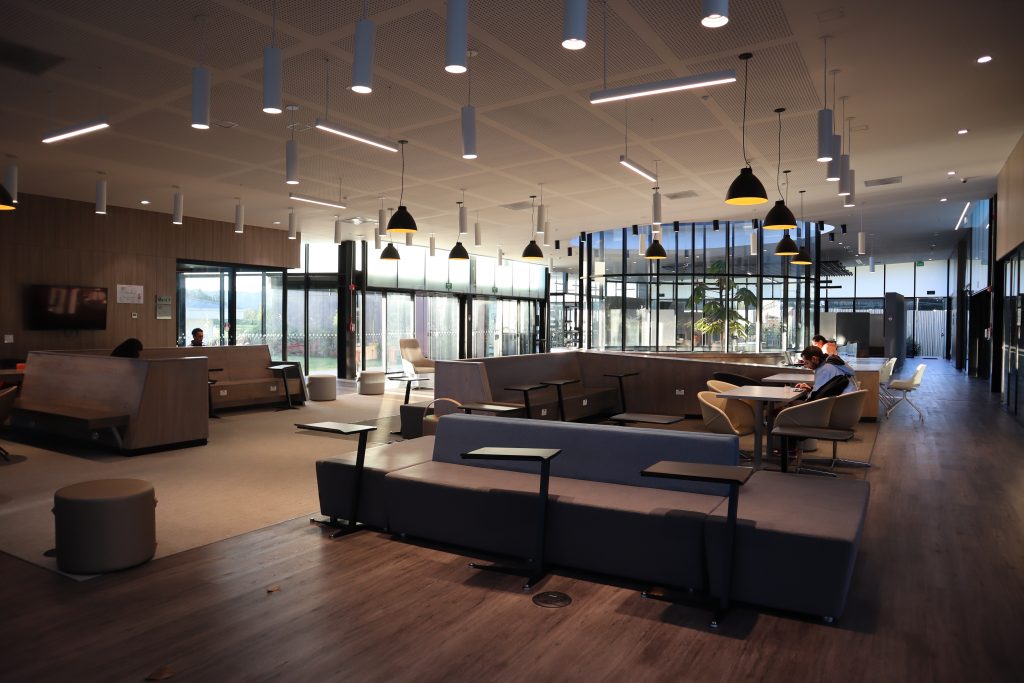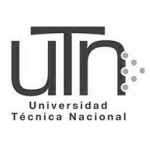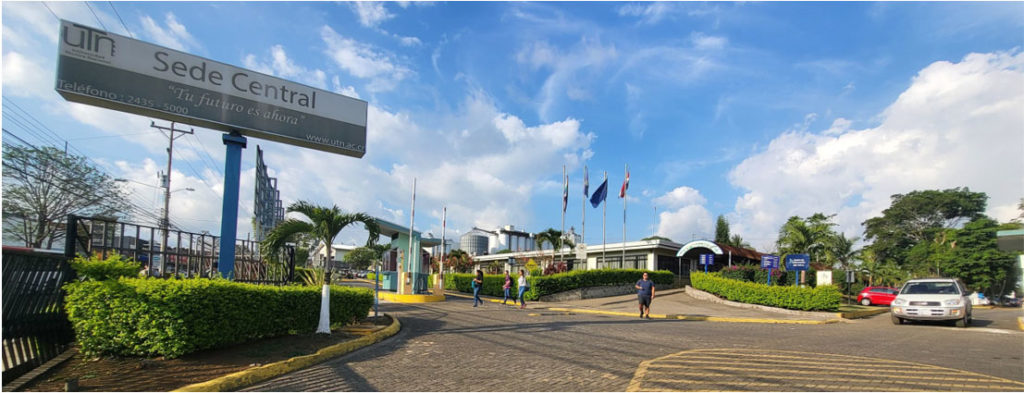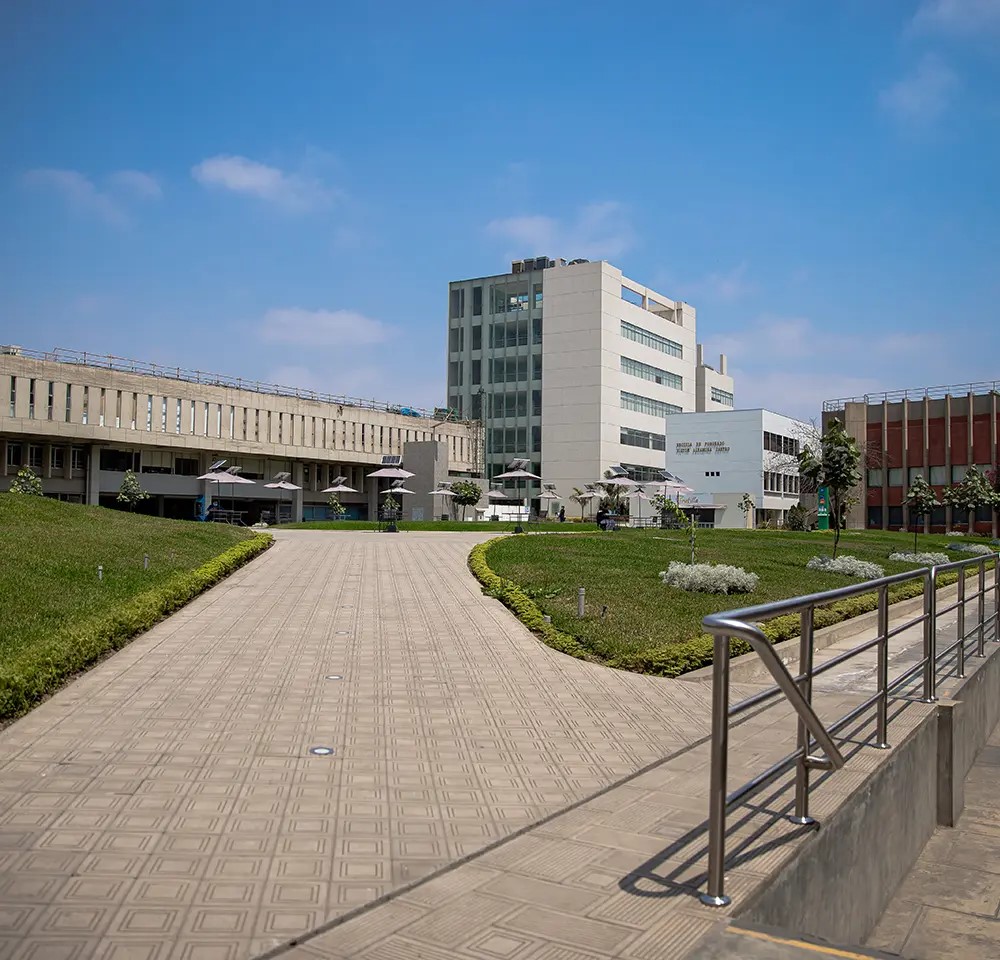The iN4iN (Intelligence for Innovation) network was established in 2008 by the SEPT Competence Center (Small Enterprise Promotion and Training) at Leipzig University. It brings together member institutions, partner universities, and private business development organizations to foster innovation and entrepreneurship.
The iN4iN LATAM Chapter aims to strengthen collaboration between Leipzig University and Latin American partner universities by building a network focused on the promotion and development of innovation and entrepreneurship capacities.

